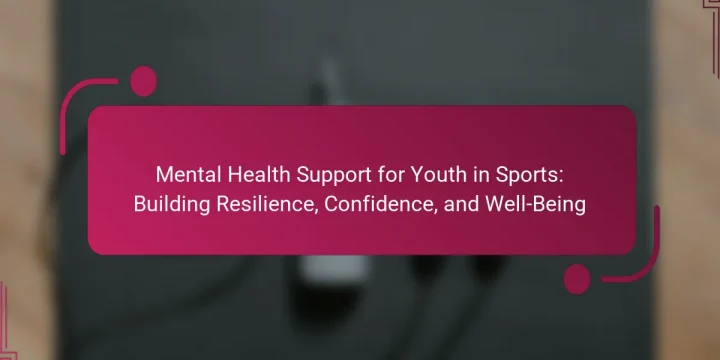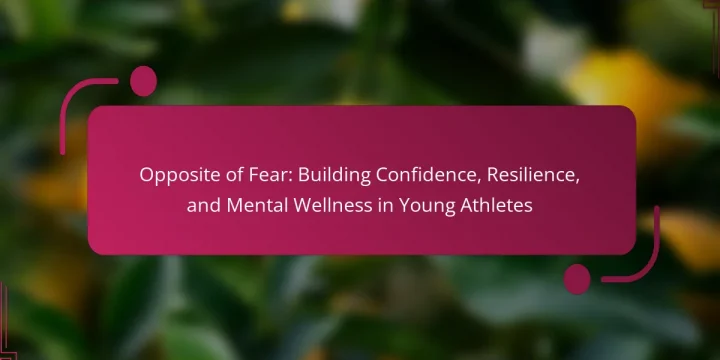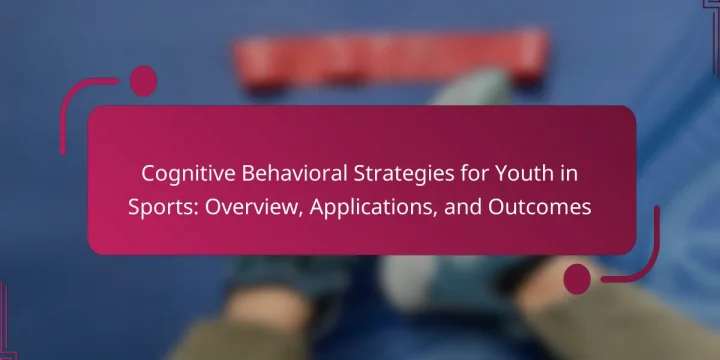
Young athletes often face anxiety due to performance pressure, fear of failure, and social dynamics. Understanding these causes is essential for developing effective coping mechanisms. Techniques such as deep breathing, visualization, and mindfulness can help manage anxiety. Additionally, fostering open communication with coaches and parents enhances emotional support and resilience. What are the common causes of anxiety in young athletes? Common causes of anxiety in young athletes include performance pressure, fear of failure, and parental expectations. These factors can create overwhelming stress, affecting their mental health and athletic performance. Additionally, social dynamics, such as competition with peers and the desire for acceptance, contribute to anxiety levels. Understanding these causes is crucial for developing effective coping mechanisms. How does performance pressure contribute to anxiety? Performance pressure significantly contributes to anxiety in…








